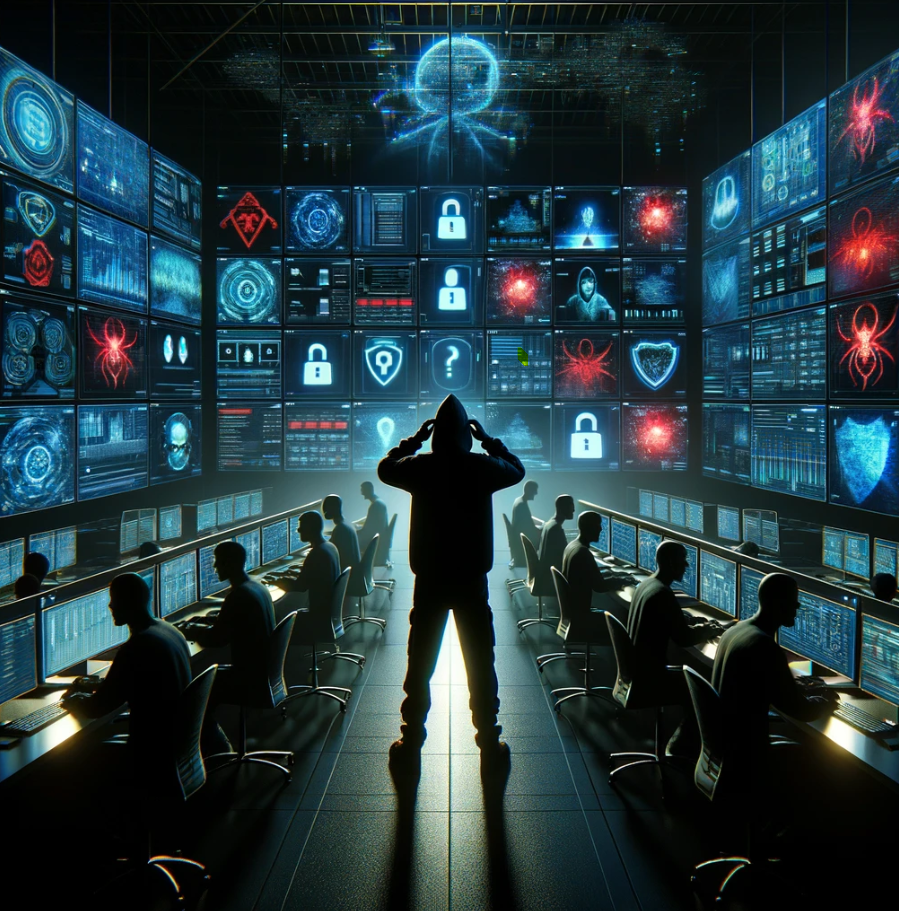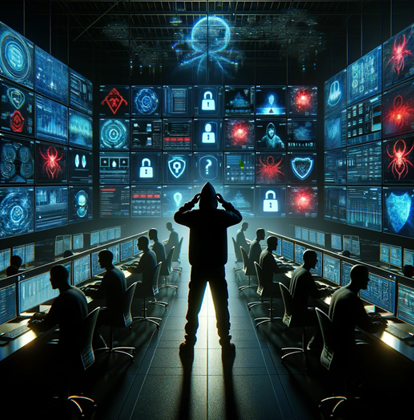Chances are your cyber-defenders are burnt out – how can you help?

As the threat landscape has evolved with new malicious actors employing increasingly effective tools, techniques and procedures we’ve seen a burgeoning number of security standards emerge and develop alongside thousands of new security tools. With the stress of increased threats and emerging standards combined with the output of burgeoning security tools, it’s no surprise that cybersecurity burnout and fatigue are being felt across almost all aspects of cybersecurity operations.

Burnout is not a short-term issue. It stems from chronic stress that is not actively managed. It is a significant problem that has been called an “occupational phenomenon” and listed in the International Classification of Diseases by the World Health Organization[AC1]. When we consider the nature of cybersecurity, burnout is a risk that must be managed.
Cybersecurity teams face reports of new threats every day, a constant stream of vulnerability reports, continual pressure to not miss log events that could indicate compromise, and a shortage of skilled personnel. This goes a long way to explaining why almost a third of organisations say that feelings of burnout have increased significantly over the last year according to Sophos’ latest The Future of Cybersecurity in Asia Pacific report.
“At a time when organisations are struggling with cybersecurity skills shortages and an increasingly complex cyberattack environment, employee stability and performance are critical for providing a solid defence for the business. Burnout and fatigue are undermining these areas. Organisations need to step up to provide the right support to employees especially when, according to our research, 19 per cent of Australian respondents identified that cybersecurity burnout or fatigue contributed to, or was directly responsible for, a cybersecurity breach,” says Aaron Bugal, field CTO, APJ at Sophos.
Sophos’ research reveals that every aspect of security operations is impacted by burnout. Of the nine in 10 cybersecurity professionals who say burnout impacts their performance, 41% felt they are not diligent enough in their performance with almost a third saying they experience feelings of cynicism, detachment and apathy towards cybersecurity activities and their responsibilities. Many also feel that boards and senior leadership teams don’t fully understand cybersecurity and 30% say they want to resign or change career.
The cybersecurity landscape has become so complex and moves so fast that no organisation or their staff can manage it on their own – and they shouldn’t have to. An effective Managed Detection and Response (MDR) service complements an internal cybersecurity capability with services such as threat hunting, 24/7 detection and response, regular reporting and root cause analysis to prevent recurrences. For organisations without an internal cybersecurity team an MDR partner can completely manage threat response. For those with a cybersecurity team, a MDR partner can work with the in-house team to co-manage threat response or support the in-house team with remediation guidance. And with cybersecurity professionals in short supply, a trusted MDR platform enables organisations to reduce the workload for teams, so the risk of burnout is reduced.
MDR providers, such as Sophos, complement your internal cybersecurity capability with services such as threat hunting, 24/7 detection and response, regular reporting and root cause analysis to prevent recurrences. For organisations without an internal cybersecurity team a MDR partner can completely manage threat response. For those with a cybersecurity team, a MDR partner can work with the in-house team to co-manage threat response or support the in-house team with remediation guidance.
Cybersecurity is now a perpetually interactive sport – and there needs to a team that provides adequate coverage around the clock. Without a 24/7 security team, it is impossible to detect and respond to every potential attack. A partnership with an MDR provider, such as Sophos, gives organisations peace of mind that they are protected and ready for attacks and equipped to remediate should a threat actor breach defences.
Sophos MDR may help to reduce burnout in cybersecurity teams by minimising workloads and supporting cybersecurity teams with monitoring, reporting and response services. And with the scarcity of cybersecurity resources, MDR enables organisations to boost their defence and response capability cost effectively.
You can learn more about Sophos MDR here.






